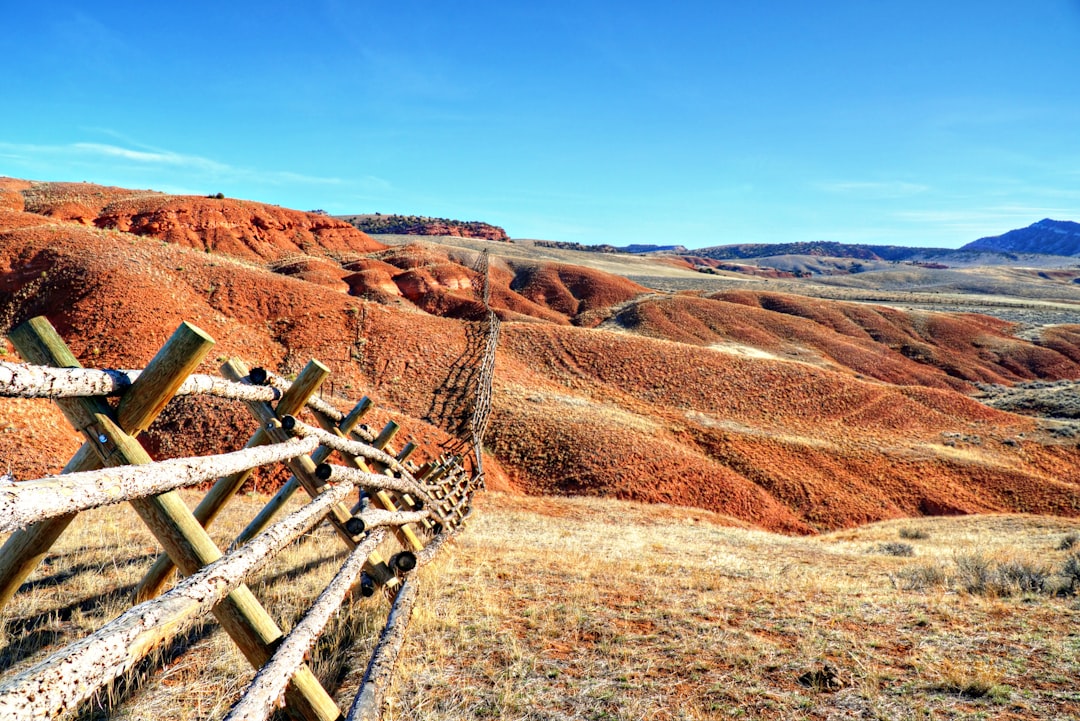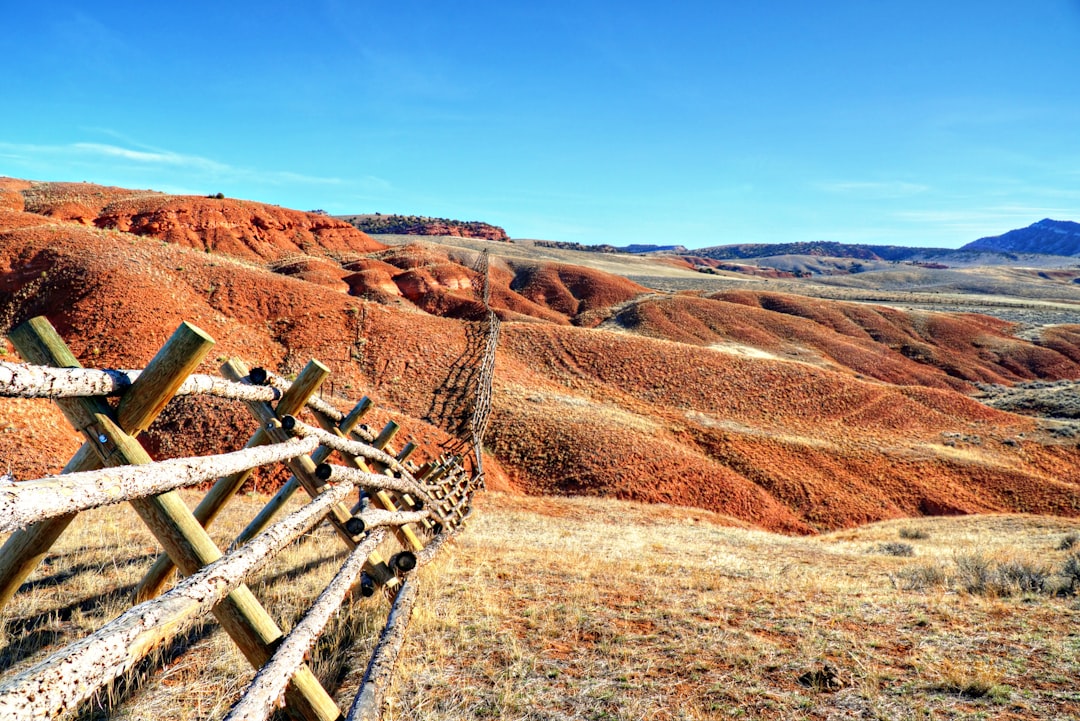Businesses engaging in cold calling in Cheyenne, WY, must comply with strict state regulations, including the Do Not Call law firm guidelines, to protect consumers from unwanted marketing. Non-compliance can result in significant penalties and reputational damage. Companies should secure explicit consent, respect opt-out requests, maintain transparent records, and offer clear call purpose to avoid legal issues and foster consumer trust. Understanding and adhering to these regulations, especially regarding the Do Not Call registry, is crucial for successful and ethical cold calling practices.
In Cheyenne, businesses must navigate crucial legal considerations when initiating cold calls to consumers. Understanding Wyoming’s stringent Do Not Call laws is essential, as violations can lead to substantial fines and damage business reputations. This article guides entrepreneurs through the process of obtaining necessary permissions and consent, offering best practices for effective yet legal cold calling. Key topics include navigating state regulations, ensuring consumer privacy, and avoiding pitfalls that could land your firm in court, especially among Cheyenne’s vigilant consumers. For a successful approach, refer to our insights on Do Not Call law firm Wyoming.
Understanding Wyoming's Do Not Call Laws

In Cheyenne and across Wyoming, businesses engaging in cold calling activities must be aware of state-mandated regulations designed to protect consumers from unwanted marketing practices. The Do Not Call law firm in Wyoming plays a pivotal role in this regard, establishing guidelines that govern commercial telephone solicitations. These laws empower residents to control their communication preferences by registering phone numbers on the official Do Not Call list. Any business found violating these rules can face significant penalties, underscoring the importance of compliance for companies conducting cold calls.
Wyoming’s Do Not Call law firm regulations specifically prohibit unsolicited telemarketing calls to individuals who have registered their numbers on the state’s Do Not Call list. Businesses must obtain explicit consent from recipients prior to making such calls and adhere to strict do-not-call policies to avoid legal repercussions. Understanding and adhering to these laws are essential for companies aiming to maintain a positive reputation, foster customer trust, and avoid potential legal disputes.
Obtaining Necessary Permissions and Consent

Before making cold calls to consumers in Cheyenne, businesses must navigate crucial legal considerations regarding permission and consent. In Wyoming, as in many places, direct marketing calls are heavily regulated to protect consumer privacy and reduce unwanted contact. Businesses should first ensure they have explicit consent from recipients to make such calls. This often involves obtaining a “do not call” list opt-out mechanism and respecting consumers’ choices to stop receiving calls.
Additionally, businesses must adhere to the Telephone Consumer Protection Act (TCPA) and similar state laws, which govern how companies can contact individuals via telephone. These laws mandate clear and conspicuous opt-in consent, detailed in writing, for marketing purposes. Businesses that fail to obtain proper permissions risk facing significant fines and legal repercussions, so it’s essential to prioritize ethical and compliant practices when initiating cold calls to Wyoming residents.
Avoiding Violations and Potential Fines

Businesses engaging in cold calling must navigate a web of legal considerations, particularly regarding consumer privacy and marketing regulations. Violating these laws can result in significant fines and damage to a company’s reputation. In Wyoming, for instance, the Do Not Call registry plays a pivotal role in protecting residents from unsolicited calls. Businesses must ensure they have explicit consent before contacting consumers, adhering to strict guidelines set by the state.
Avoiding violations requires a thorough understanding of local and federal regulations. Unwanted or abusive calls can trigger legal action, leading to substantial penalties. Businesses should implement robust practices to verify consumer opt-in, maintain accurate call records, and provide an easy opt-out mechanism. By prioritizing compliance, companies can foster trust with their target audience, ensuring long-term success without the burden of legal repercussions.
Best Practices for Effective Yet Legal Cold Calling in Cheyenne

When conducting cold calls in Cheyenne, businesses should adhere to strict legal guidelines to avoid any unpleasant surprises. A key best practice is to obtain prior consent from potential clients; this can be done through various methods such as opt-in lists or surveys that ensure customer agreement before contacting them. Respecting a consumer’s ‘do not call’ requests is paramount; businesses must maintain comprehensive records of these preferences and refrain from making additional attempts.
Additionally, providing clear and accurate information about the purpose of the call, the company representing, and how to opt-out can enhance the effectiveness of cold calling while maintaining legality. Ensuring compliance with Wyoming’s do not call laws, which include specific regulations for certain industries, is crucial. Businesses should also be prepared to handle consumer inquiries regarding data privacy and usage, offering transparent answers to foster trust and avoid legal complications.






